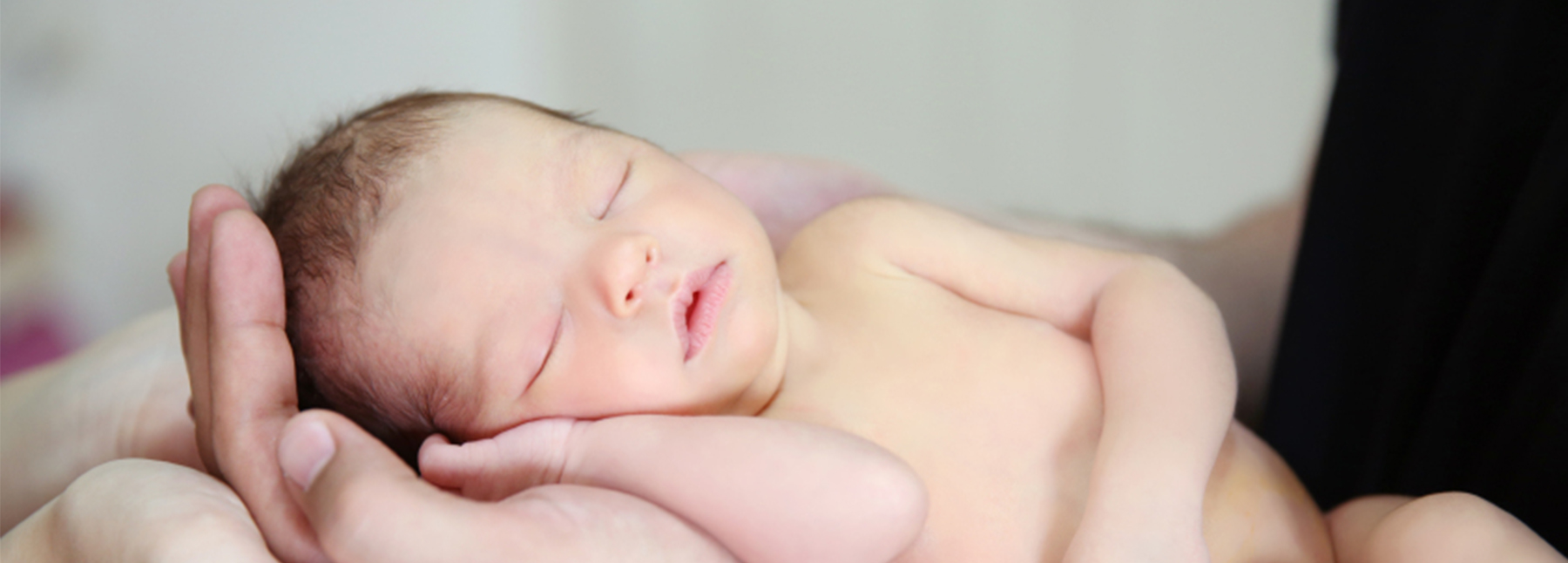Babies born in 2015 can expect to live to 71.4 years (73.8 years for females; 69.1 years for males), but major inequalities persist within and among countries, according to the WHO report, “World Health Statistics: Monitoring Health for the Sustainable Development Goals”.
The report brings together the most recent data on the health-related targets within the Sustainable Development Goals (SDGs) adopted by the United Nations General Assembly in September 2015. Highlighting significant data gaps that will need to be filled if the new UN sustainable development targets are to be reached.
With an average lifespan of 86.8 years, women in Japan can expect to live the longest. Switzerland enjoys the longest average survival for men, at 81.3 years.
The shortest life expectancies are still in Africa. Babies born last year in Sierra Leone have a life expectancy of just over 50 years. Those in Angola, Central African Republic, Chad and Ivory Coast are expected to live only slightly longer.
The gains since 2000 reverse declines during the 1990s, when life expectancy fell in Africa because of the AIDS epidemic and in Eastern Europe following the collapse of the Soviet Union.
The increase was greatest in the African regions where life expectancy increased by 9.4 years to 60 years, driven mainly by improvements in child survival, progress in malaria control and expanded access to antiretrovirals for treatment of HIV.


